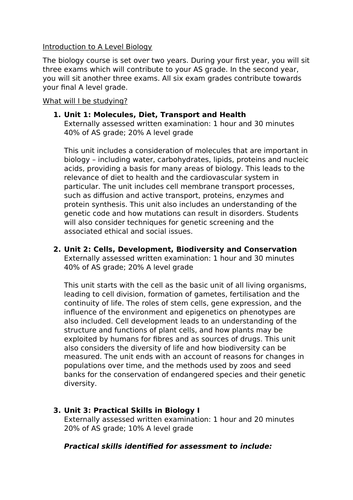KS4 and KS5 Science Resources
I currently teach IGCSE Biology, Chemistry and Physics. Also A level Biology. The resources I produce for my lessons are carefully planned and I try to involve a lot of self-learning to allow students to develop these important skills needed for further education.






















